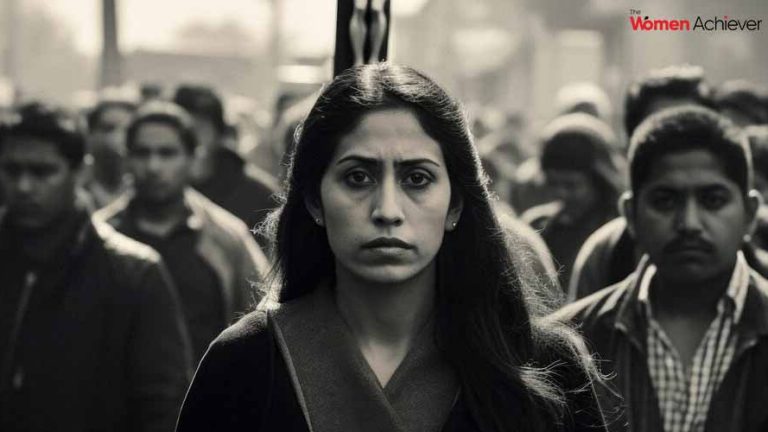Here’s on Bangladesh in Turmoil: Religious Hardliners Chipping Away at Women’s Freedoms and Rights
Bangladesh, once renowned for its centrist form of Islam and unparalleled advancement in empowering women, is experiencing a disquieting trend. Recent events indicate a rise in activities of religious extremists aimed at restricting women’s rights, which challenged the nation’s adherence to gender equality and secularism.
Disruption of Women’s Sports
In Dinajpur and Joypurhat townships of northwestern Bangladesh in late January, women’s football matches were shut down by force by hardline Islamist activists. Activists and students of religious seminaries vandalized halls and terrorized spectators. Local religious school Head Abu Bakkar Siddique, also involved in the protests, justified the act by stating, “Girls’ football is un-Islamic, and it is our religious duty to prevent whatever goes against our religion.”
Targeting of Women Public Figures
Senior actresses have also been intimidated and threatened. Mehazabien Chowdhury withdrew from launching a showroom in Chittagong in November for security reasons on the basis of Islamist resistance. Similarly, Pori Moni and Apu Biswas were prevented from performing at public performances in January on the basis of resistance from the likes of Hefazat-e-Islam. Pori Moni lodged a complaint publicly, saying, “Why can’t I work safely in my own country?”
Legal System Compromised
The practice of extrajudicial punishment by clerics also testifies to this rolling back. In April 2023, three arresting village elders and an Islamic cleric instructed a woman accused of extramarital affairs to be caned and stoned. This incident in a nation with a secular judicial system attests to the inquisitorial nature of hardline interpretations of Sharia law.
The Times of India
Government’s Suspect Response
The interim administration, led by Nobel Prize winner Muhammad Yunus after removing the erstwhile Premier Sheikh Hasina, has been criticized for doing nothing about such moves. Although Yunus was previously an advocate of female sport teams winning, recent developments by his administration such as ending bans on Islamist parties and granting freedom to convicted militants indicate moving towards placating hardline groups.
Historical Context and Ramadhan Implications in the Current Times
Bangladesh already has precedence on Islamist party vs. secular agenda clashes. Precedence was borrowed from 2013 Shapla Square riots, where Hefazat-e-Islam demanded imposition of blasphemy and increased control over Sharia law. Response to such demands by such movements would be worse than this one.
Conclusion: Increasing religious hard-liners’ militancy against women’s rights in Bangladesh poses danger to the nation’s secular, liberal lifestyle. Official apparent complicity raises questions regarding gender equality and civil liberties’ future. The challenge can be overcome with an increased determination to protect women’s rights and to enforce the secular principles incorporated in Bangladesh’s constitution.






Add comment